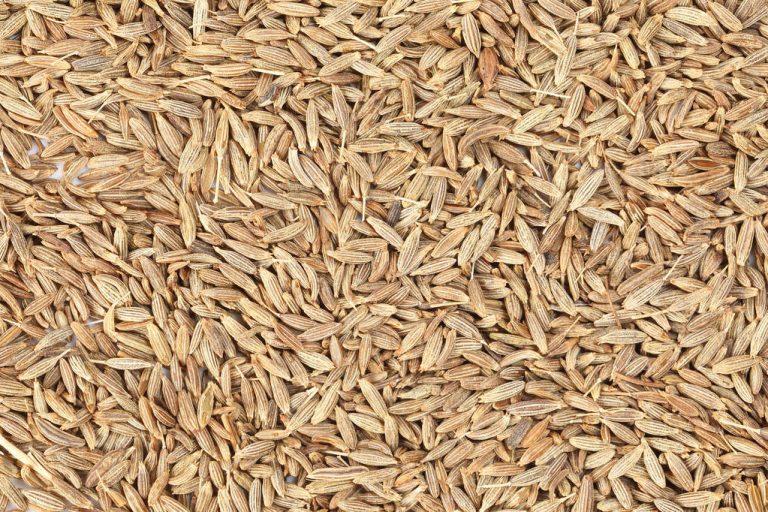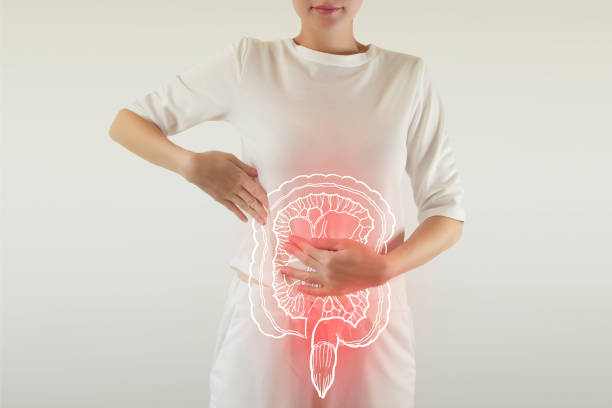Cumin is best known for its taste – but the oriental spice can do much more. Studies have shown that cumin helps with weight loss. Cumin also relieves stomach problems and can even have a stress-reducing effect.

Studies show: weight loss and lower BMI thanks to cumin
Targeted weight loss is often not that easy: Some foods are actually real calorie bombs – but this does not include cumin, as a study published in 2014 by the “Shahid Sadoughi University of Medical Sciences” shows. It involved 88 overweight women who were randomly divided into two groups. One of the two groups ate plain yogurt with three grams of cumin twice a day. The second group also got two portions of yoghurt per day – but without the addition of cumin. As the authors of the study report, the diet plans of the two groups were otherwise identical.
The result is quite remarkable: the cumin powder helped, among other things, to lose more weight and fat mass. In addition, the body mass index (BMI) and the waist circumference decreased. In summary, the authors of the study state that cumin powder in a weight-reducing diet shows an improvement in anthropometric and biochemical parameters in overweight or obese women.
A study by the Iranian “Kashan University of Medical Sciences” with 78 subjects between the ages of 18 and 60 also caused a stir. The participants were divided into three groups and had to swallow one capsule three times a day for eight weeks. One group received a cumin capsule, and another group received a fat blocker capsule. The third group only received a placebo. The results showed that the cumin group achieved about as much weight loss and reduction in BMI as the fat-blocker-agent group. Subjects who only received a placebo lost less weight. In addition, taking cumin had a positive effect on insulin metabolism
Aid in digestion and stress-reducing effect
The essential oils of the spice, which account for up to six percent, are also healthy. Cuminaldehyde is particularly valuable because its intake stimulates the formation of various digestive juices, such as gastric juice and pancreas. In this way, cumin helps to improve the digestive process. This function can be used in dishes that often cause digestive problems.
Cumin is also said to help with various intestinal complaints, such as constipation. An Indian study published in 2014 also showed that cumin helps with diarrhea by inhibiting the frequency of diarrhea, for example. Flatulence and discomfort are also said to be alleviated by eating cumin.
In addition, cumin is said to have other positive effects: a study with rats showed that cumin seeds can have a stress-reducing effect. The anti-inflammatory effect is also interesting

Cumin in the kitchen: healing properties in tea
In the kitchen we can also benefit from the taste and the positive effects. A popular tea is cumin, which can help with indigestion. Only a few ingredients are required for the preparation: cumin seeds, ginger – a real all-purpose weapon – honey and lemon.
Difficult to digest meals can also be enriched with cumin. Recipes with peas, lentils or beans quickly trigger digestive problems – the addition of cumin can prevent this.
Little is known about the side effects of cumin. However, those suffering from diabetes should be more careful: Since the consumption of cumin lowers blood sugar levels, the blood sugar balance can be shaken.





